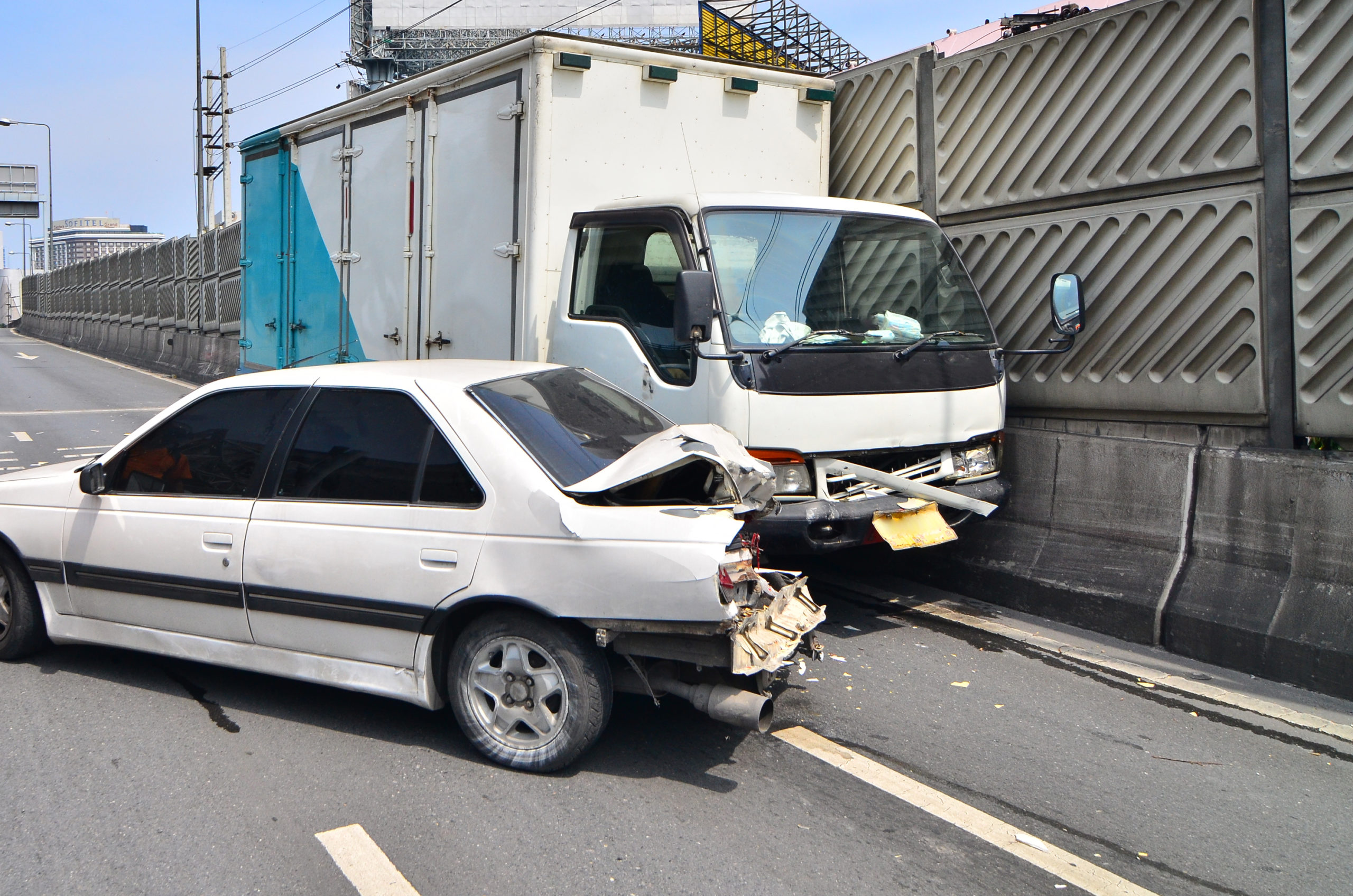
How Truck Accidents Differ From Car Accidents
Truck and car accidents can be entirely complex, which is why many attorneys help victims fight in the courtroom for their right to compensation each year. This is because both truck and car accidents result in serious injuries and fatalities when they are serious enough. However, there are many more differences, starting with the sheer size of trucks in comparison to their motor vehicle brethren. This is one of the most unique aspects about truck accidents. Loaded semis can weigh approximately 80,000 pounds or more, which is why the injuries in these accidents tend to be so extensive! Compare that to a vehicle that tends to be about 3,000 pounds and you have a recipe for disaster. Because of this, the victim in the motor vehicle will tend to have more severe injuries than the driver of the truck.
Other Differences
The size of the vehicles is just touching the surface on their differences. Because of these complex trucks and what it takes to operate them, the licenses necessary for driving them are a bit more specialized. You probably remember the time you went for your motor vehicle license after receiving your permit and practicing how to drive for a few months. To possess a CDL (trucking license), you must receive specialized training as well as an education and formalized instruction that is typically obtained at an independent trucking school or form of apprentice training by the trucking company themselves. A truck driver must understand many important aspects of driving truck that is not standard for your everyday vehicle operator. In a car accident case, you may find that there aren’t many parties to sue when you are hit by the other driver, except the motor vehicle driver themselves. However, in a trucking accident the company may be found liable because they may not have properly trained the driver who hit you.
In addition, there are many more federal rules and regulations governing commercial vehicles than smaller motor vehicles. This includes preventative maintenance, inspection, documentation, brake performance checks, mandatory rest periods, log book tracking, drug testing, and proper transportation methods. Truck accident cases become much stronger if a motor vehicle driver is able to prove that the driver was in violation of the federal rules that govern them on the roadways. The same cannot be said for a typical motor vehicle accident, where these special rules never come into play.
Insurance coverage is typically different as well. The injuries caused by truck drivers are almost always going to be more severe than those caused by motor vehicles. This is why truckers must carry certain minimum limits of protective insurance coverage. Vehicle drivers will find that this coverage is more extensive than what they must carry. You should remember this, however: Since more money is available in these circumstances, you will also probably be awarded more damages.
Yes, truck drivers must meet many conditions before they take their heavy vehicles out on the roadways to do business. For instance, a trucker can only spend a maximum of 70 hours on the road in one week – but you don’t see those same rules for motor vehicle drivers, right? By understanding the rules that govern truck drivers, you can find out what is necessary for your accident case. Call an attorney you can trust today for more helpful information.


















